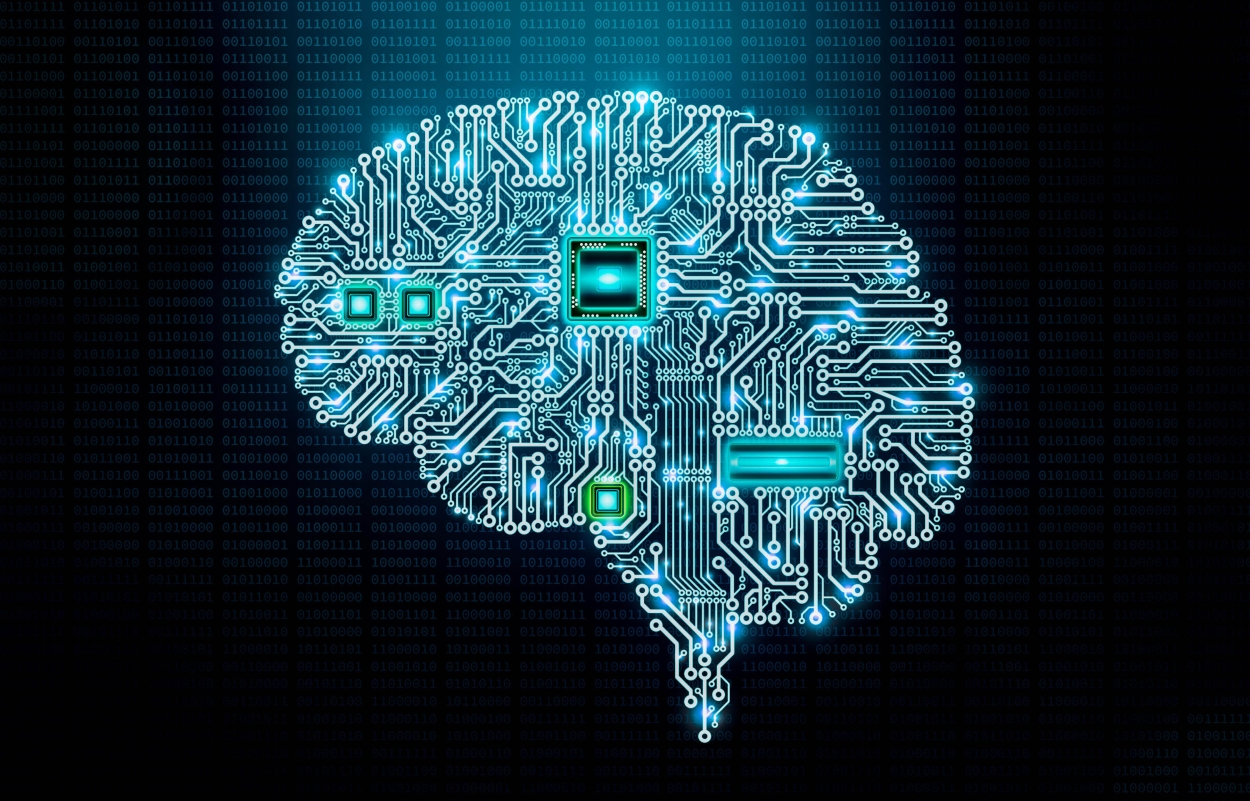Source – https://www.fortuneindia.com/
Today, the role of artificial intelligence in an enterprise has become so important that it has touched every facet of business. Its role will become more critical in the years to come.
For the purposes of this article, let us define A.I. as follows. Human intelligence is learnt from experience. Machines so far have been primarily used to follow instructions, i.e. programmed, hence machines have provided automation based on rules.
A.I. is not programmed to follow rules, it is like human intelligence, learns from “experience”, i.e. data.
A.I. application in businesses today can be divided into 5 key areas:
1. A.I. in data cleansing and streamlining.
2. A.I. in BI—i.e. AI to replace business analysts in preliminary analysis on dashboards.
3. A.I. in cognitive intelligence such as voice recognition, video analytics, face recognition.
4. A.I. in natural interaction – chat bots, NLP, Natural-Language Generation (NLG).
5. A.I. in expert systems—learning from myriad data sets and crystallizing an insight or action. This can be applied in classification of future unknowns e.g. fraud prevention, preventive maintenance. This can be applied also in forecasting quantities e.g. demand forecasting, supply shortage prediction. And can be applied in real time dynamic operations e.g. self-driving cars, dynamic digital marketing.
A.I. in data cleansing
There are A.I. applications today that can weed out errors in master data. In fact, a business was able to reduce their data errors in incoming data by 94% through A.I. application in data error correction. Humans used to correct such errors before and the correction was based on knowledge about the product, data on similar products and so on. If a product is a liquid and the units of measure are missing, the human planner used to correct that gap looking at the product being replaced by this new product or other liquid products in the same price range and so on, or the image of the product itself. AI now does the same and has been seen to be able to correct 94% of data errors without human help.
A.I. in BI
We know when reports and dashboards are delivered, junior analysts typically do a pre-analysis to ascertain exceptions, and explanations for those exceptions. These analysts circle these exceptions and comment on the components contributing to the exception. They also may mark something as high priority if an urgent action is needed. This saves the decision maker’s time and presents them with distilled information. Today, A.I. is able to do this – augmenting junior analysts using anomaly detection and auto-drill down, pattern recognition and clustering.
A.I. in cognitive intelligence
The usual examples people think of when talking of AI applications is in cognitive intelligence. As an example, in this pandemic, cognitive systems are tracking masks wearing compliance in closed spaces, distancing norms compliance in factories and warehouses. Cognitive intelligence is also used in less known forms, there is a recent MIT report on an AI model that can detect Covid-19 infection from your cough, being incorporated into an FDA approved cell phone app.
A.I. in natural interaction
Chat bots are here to stay. If we haven’t interacted with one yet, we are probably not clicking on that chat button on most online shopping sites. It is interesting that A.I. learning is not being achieved in most chat bots from chat histories of those businesses alone, but using innovative data sources such as Q&A dialogues in published interviews, consumer panel discussions, even published plays, and so on.
The way personalisation is achieved is even more interesting. If A.I. was simply replacing a human agent the chat would begin with “how may I help you?”. However, A.I. is much more than that. There are call intent prediction models which learn from the behavior of customers who had a similar interaction, purchase history and profile. Gleaning from data, what did such cohorts mostly call about when they did call? So, the conversation starts with “Are you calling about your oximeter ordered yesterday?”
A.I. in expert systems
This is the area impacted most post pandemic. For example, demand forecasting of CPG products using traditional techniques became impossible. However, applying A.I. made a difference.
For example, loyalty card identifiers in transaction data helped A.I. learn that there are some products which saw an upswing in sales that would continue (because the same shoppers were re-purchasing high quantities). Products like soap, sanitizers, home cleaners, etc. were identified for continued upswing from such analysis. Other items that did see an upswing but were unlikely to sustain (because the same shopper was not repurchasing high quantities) were items like paper towels, pet food, baby food, etc. This kind of ability in the first two months of dynamic demand helped many firms to plan better for the supply and allocation across locations.
With digital interactions rising, application of A.I. for a cookie less world has led to Federated learning of cohorts (FLOCs). FLOCs use models learning from customer cohort behavior through distributed data, without transferring data to a central server, thus protecting privacy.
What has been true of times of upheaval, applies to this one as well. It is a time of opportunity for those who leverage available tools including A.I. to transform their business to gain competitive advantage. Others who delay, cannot afford to miss this revolution. They will be late and may struggle, if they sustain at all.
